

Their own experience teaching and years of investigating how young people learn mathematics have made academic researchers Drs. Douglas Clements and Julie Samara evangelists for providing children with fun tools to explore and learn complex subjects.
The wife-and-husband couple are faculty members at the University of Denver, Morgridge College of Education, and their discoveries on how young people learn math are more than ever relevant for Head Start programs—given the unprecedented current learning environment created by the Covid-19 pandemic.
Additionally, because of stay-at-home education, parents have taken on a heightened roll as teachers, and they themselves have also become students—learning how to teach their children math concepts.
With “STEM at Home” being the theme of Region 9 Head Start Association’s 2021 Early Childhood STEM Institute April 12-14, both professors will make presentations during the virtual and on-demand event. Dr. Clements is Distinguished University Professor and Kennedy Endowed Chair in Early Childhood Learning and Dr. Sarama is Distinguished University Professor and Kennedy Endowed Chair in Innovative Learning Technologies. They both are co-directors of the Marsico Institute, which is dedicated to research and social policy for improving learning environments and outcomes for children, birth to age 8.
Dr. Clements and Dr. Samara are intrigued with how young people learn math—how they think about concepts. For Dr. Clements, there was the time when a kindergartener became curious about the square function on a calculator and began to understand it by taking literally square blocks and making squares of numbers, i.e., two by two, and so forth, and then checking his findings on the calculator. He was astounded that a 4½-year-old could conceptualize the idea.
Likewise, Dr. Sarama was fascinated by what third-graders understood—or didn’t understand—about triangles and angles. What she discovered was that the students too often were not given the opportunity to think about geometry.
“All kids can learn far more about mathematics if we trust that they can think about it to explore challenges and problems,” Dr. Clements said.
And to that can be added Dr. Sarama’s view: “We believe that math activities can be playful if we honor a child’s development.”
The case for pre-schoolers learning math is easy to make, as learning mathematics early is more predicative than all other measured factors to not only mathematics success later, but even of high school graduation and entry to college, they say.
“Early mathematics is cognitively fundamental,” Dr. Clements said. “But people have been denied good resources and good experiences themselves that would allow them to support the growth of early mathematics, especially in under-represented populations. We need to help people across all groups do better mathematics, and we especially want to support those who work with children…because the quality of the mathematics kids receive has long-term consequences.”
The switch to home-schooling for Head Start students places the parent in an even more vital role. Unfortunately, many adults aren’t comfortable teaching, nor familiar with, math concepts.
“Most people went through the U.S. educational system that didn’t ground them in concepts and deep processes,” Dr. Clements said. “They don’t have the foundation to feel good about engaging their kids in engaging math problems.”
People think that math is teaching a procedure to get a number right—and then practicing that procedure over and over, Dr. Clements said. But that’s not how to present math.
According to them, children follow natural developmental progressions in learning. Curriculum research has revealed sequences of activities that are effective in guiding children through these levels of thinking. These developmental paths are the basis for what they call learning trajectories.
Dr. Clements and Dr. Sarama are creators of a system called Learning and Teaching with Learning Trajectories [LT]2. This is a resource for information for teachers—and parents—on how to delve into teaching math. How the professors developed their learning trajectories is fairly straightforward.
“We ask a child to count, watch what they do, and build on the concepts and understandings by very specific activities that are going to meet them where they are and push them to the next level.”
As Dr. Sarama says, the approach is not a “top-down” one—where teachers are imposing what they know on children. It’s a “bottom-up” approach from the children’s thinking.
“So we’re always really trying to take a developmental perspective and build up from what the child knows rather than taking our own perception perspective and breaking it down,” Dr. Samara explained.
As Dr. Clements says, “It’s more fun to understand kids’ thinking.”
Now, as a result of the pandemic and Head Start children being school at home, Dr. Sarama is currently devising a system that will provide suggestions via email to teachers (as well as parents) on different learning activities.
“We realize with people being isolated in the pandemic and needing resources that are less stressful and easier to get into—we need a way for parents and teachers to quickly get a daily activity,” Dr. Samara said.
She likens the idea of the outreach as getting three suggestions for what to make for dinner—a guided experience, as it were.
The website, Learning and Teaching with Learning Trajectories, contains dozens of trajectories—or topics—available free of charge—that make working with and learning about how numbers work fun. The activities range from topics that provide learning through class discussions to computer games played individually or with another person.
“We find kids like to explore most math,” Dr. Clements said. “They like to explore how many different ways you can take two triangles and put them together to make other shapes.”
What is clear from their research—and just hearing the joy in Dr. Clements and Dr. Samara’s voices (and watching their videos explaining learning trajectories)—is that teaching math to Head Start students can be a lot of fun—for the children—and for the adults.
“Take the time to learn about kids’ thinking, it’ll not only help your kids do much more substantial math than we usually do with preschoolers, but it’ll make your life more fun, more interesting, more satisfying to really understand math from a child’s perspective,” Dr. Clements said. —By H.A. Silliman
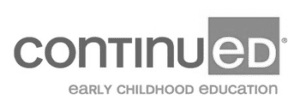




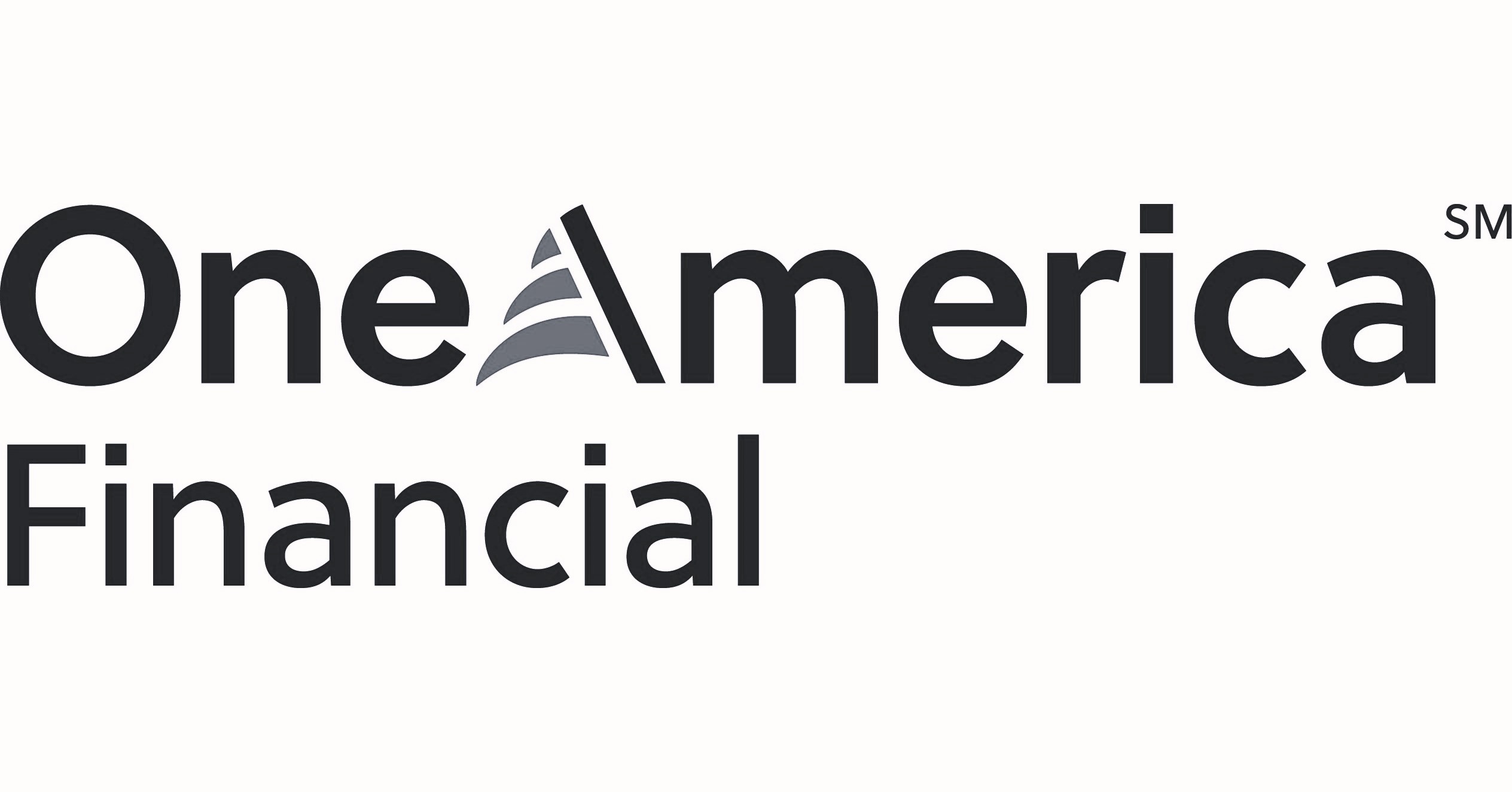
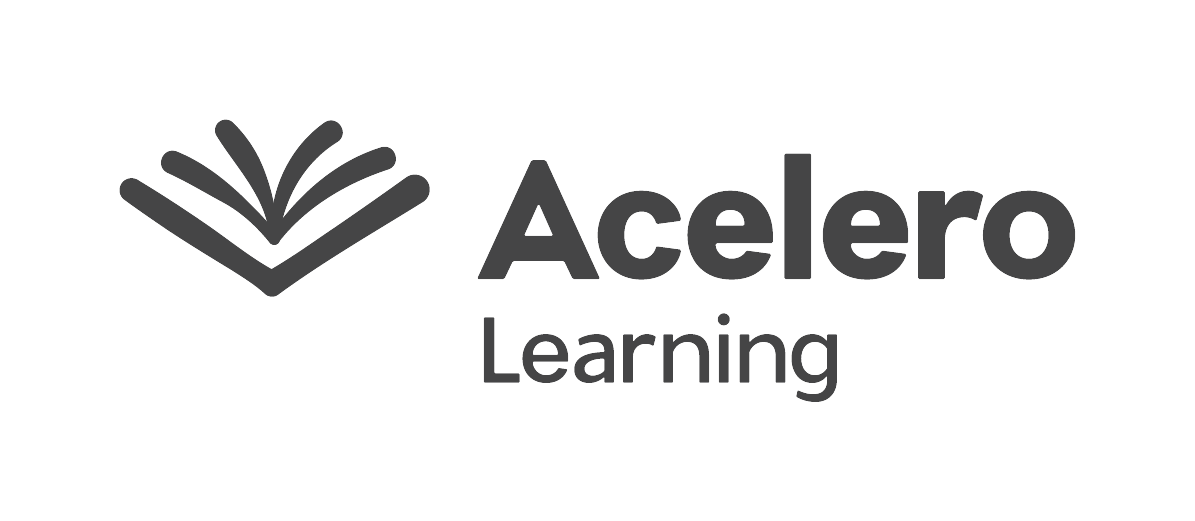
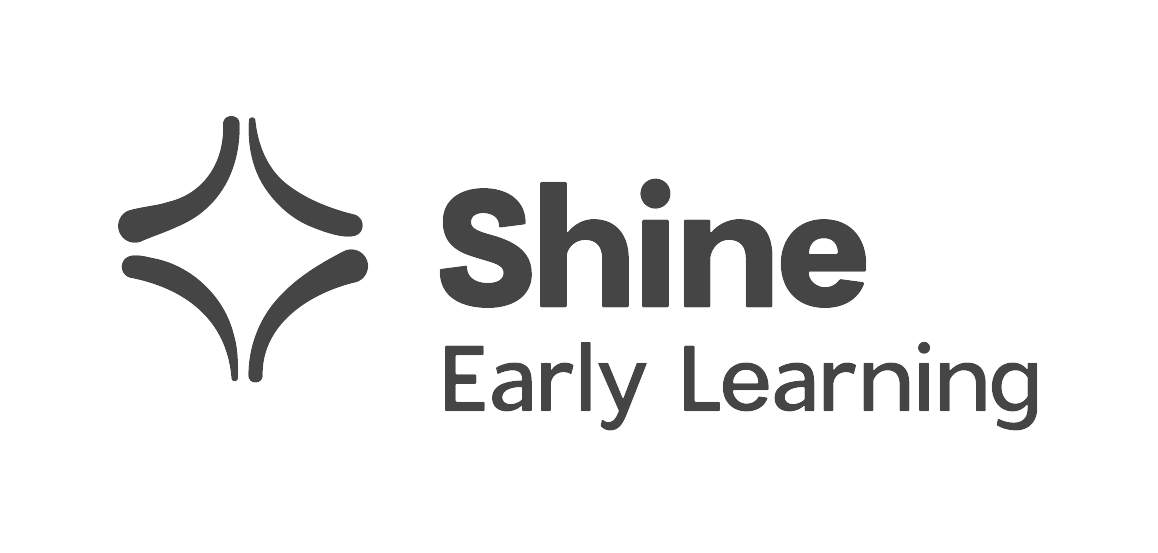

I have been to management workshops, not leadership training. This has totally changed my perspective and encouraged me to propel forward in developing my skills.
I am honored and humbled to be a recipient of the Region 9 Head Start Association’s Legacy Scholarship. The scholarship helped me get one step closer to achieving my goal of becoming a Head Start Director.
I took part in The disproportionate impact of COVID 19, and how to provide “real” support for black/brown children and families and I just want to say this was an amazing webinar. I hope we can look forward to further conversation on this topic.
Thank you so much for making events like this! I really enjoyed and learned so much teaching strategies to implement STEM in the classroom.
The HR Network was an excellent opportunity to network and learn the best practices from other HR professionals within Head Start programs. You will be amazed by the level of talent and experience of the participants.
The Summer Camp training was powerful and inspiring! Each presenter was very engaging, it’s hard to even pick a favorite session!
The Leadership Challenge training was very relevant to my work as a Head Start leader! Great facilitation; stayed with the program yet allowed time for individual and small group reflections.
Regular price $12.00
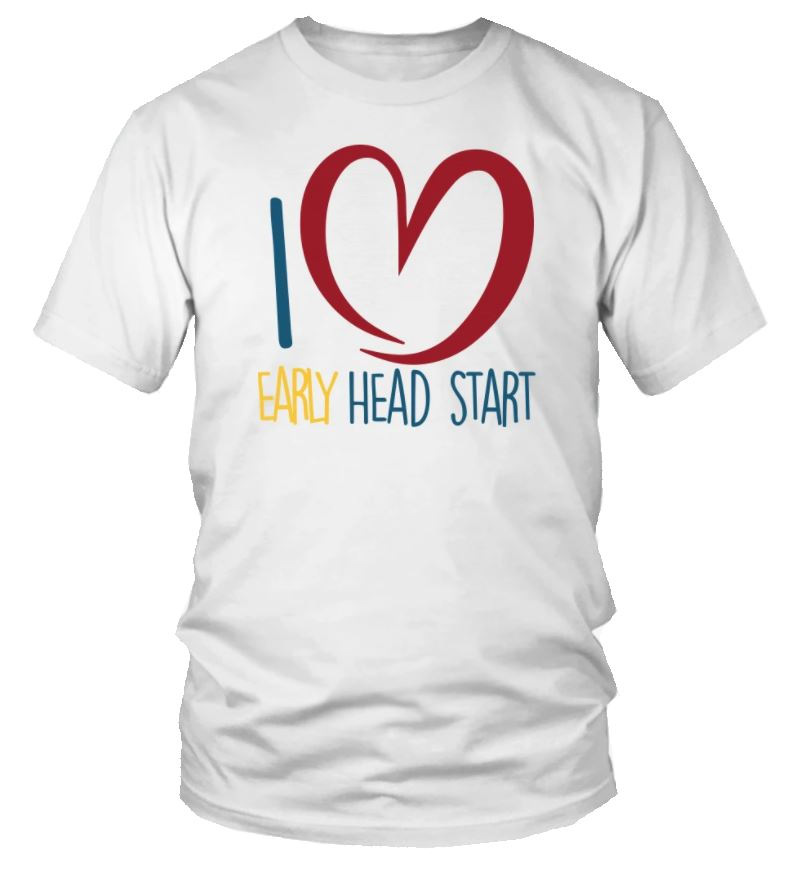
Regular price $39.00



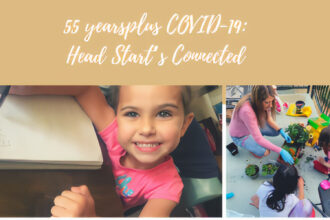
Questions? Contact us at headstartr9@region9hsa.org.